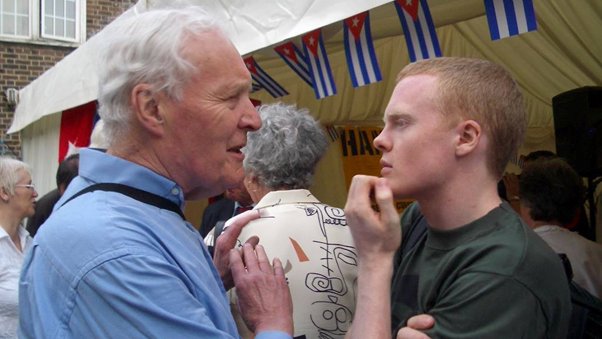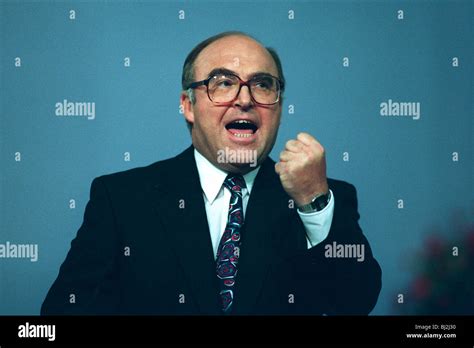#OnThisDay in Labour history 10 years ago … 🌹
Tony Benn passed away at the age of 88
Benn was a former Cabinet Minister, one of Labour’s longest-serving MPs, and an inspirational figure on the Labour left for decades … he inspired me 🧵
Tony Benn passed away at the age of 88
Benn was a former Cabinet Minister, one of Labour’s longest-serving MPs, and an inspirational figure on the Labour left for decades … he inspired me 🧵

Although he never led Labour, or even held one of the great offices of state, he is in the rare company of having a political philosophy named after him: ‘Bennism’.
He left a legacy Labour party reform, anti-war activism, constitutional reform, and popularising politics ...
He left a legacy Labour party reform, anti-war activism, constitutional reform, and popularising politics ...

The thing Benn had, that too many politicians today lack, is not only political principle but a philosophy
A socialist, yes, but Benn was above all a fundamentalist for democracy – that’s what drove his socialism
Democracy was the golden thread that ran through his politics ...
A socialist, yes, but Benn was above all a fundamentalist for democracy – that’s what drove his socialism
Democracy was the golden thread that ran through his politics ...
In 2009 I introduced Tony Benn at a conference. He said in his speech
“Democracy transferred power from the wallet to the ballot. What people couldn’t afford for themselves they could vote for instead”
Democracy achieved that: the NHS, pensions, council housing, libraries & more
“Democracy transferred power from the wallet to the ballot. What people couldn’t afford for themselves they could vote for instead”
Democracy achieved that: the NHS, pensions, council housing, libraries & more

Benn was elected as a Labour MP in 1950.
In his maiden speech in the House, he said:
"We on this side are a Socialist Party - we have been for some time. We have never made any secret of the fact. In 1945, when our election programme was published, we made no secret of it"
In his maiden speech in the House, he said:
"We on this side are a Socialist Party - we have been for some time. We have never made any secret of the fact. In 1945, when our election programme was published, we made no secret of it"

Tony supported and helped found the Campaign for Labour Party Democracy (CLPD) which won votes at conference to transfer power to members
Prior to 1981 members had no say in electing Labour leaders. Benn said in his diary "no praise is high enough for the enormous skill of CLPD"
Prior to 1981 members had no say in electing Labour leaders. Benn said in his diary "no praise is high enough for the enormous skill of CLPD"
In 1963 at Benn’s instigation, the Peerages Act became law, enabling him to renounce his title Viscount Stansgate, which transferred to him when his father (an MP then peer) died, disqualifying him as an MP
(then awarded peerages went to an heir, unlike life peerages today) ...
(then awarded peerages went to an heir, unlike life peerages today) ...

“I am not a reluctant peer, but a persistent commoner” he told a press conference in 1960, at the start of his campaign
In Aug '63, he regained his seat in a by-election to sit as an MP again and he would become the longest-ever serving Labour MP in history
(with wife Caroline)
In Aug '63, he regained his seat in a by-election to sit as an MP again and he would become the longest-ever serving Labour MP in history
(with wife Caroline)

Benn opposed UK membership of the EEC in the 1975 referendum – and opposed EU membership, on democratic grounds:
“You have to differentiate between nationalism, which hates foreigners, and the right of self-government which is a democratic argument”
“You have to differentiate between nationalism, which hates foreigners, and the right of self-government which is a democratic argument”

Benn was a lifelong campaigner for peace
"If we can find the money to kill people, we can find money to help people"
After leaving Parliament, to spend more time on politics, Benn led the Stop the War Coalition – speaking at the largest protest in 🇬🇧 history against war on Iraq
"If we can find the money to kill people, we can find money to help people"
After leaving Parliament, to spend more time on politics, Benn led the Stop the War Coalition – speaking at the largest protest in 🇬🇧 history against war on Iraq

He passionately supported the right of the Palestinian people to self-determination, and in 2009 defied a BBC injunction against broadcasting the Disaster Emergency Committee appeal for Gaza 🇵🇸
Benn was a former BBC producer before becoming an MP ...
Benn was a former BBC producer before becoming an MP ...
Tony Benn died on 14 March 2014, just one year before the election of his protégé and friend Jeremy Corbyn as Labour leader, and two years before Britain voted to leave the EU – both of which he would have campaigned for. 

In his later years, Benn said: “I’m not frightened about death. I don’t know why, but I just feel that at a certain moment your switch is switched off, and that’s it. And you can’t do anything about it”
His switch may have been flipped, but his legacy lives on
RIP Tony Benn✊❤️
His switch may have been flipped, but his legacy lives on
RIP Tony Benn✊❤️

• • •
Missing some Tweet in this thread? You can try to
force a refresh















